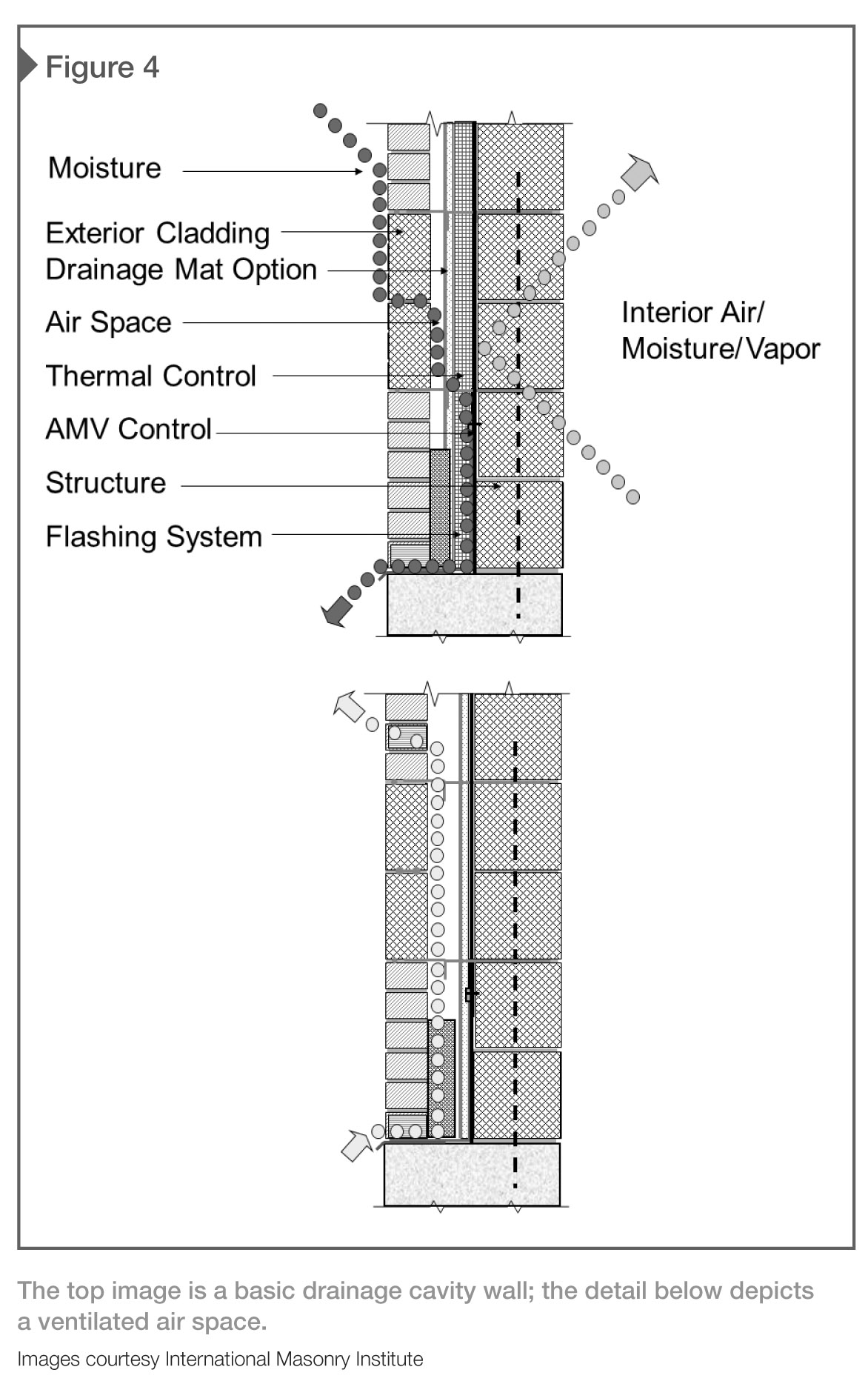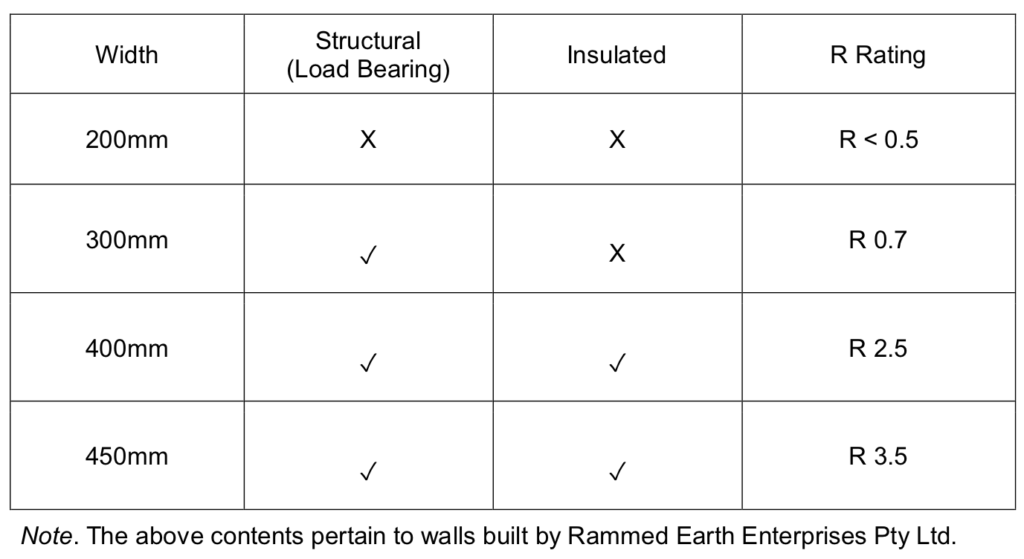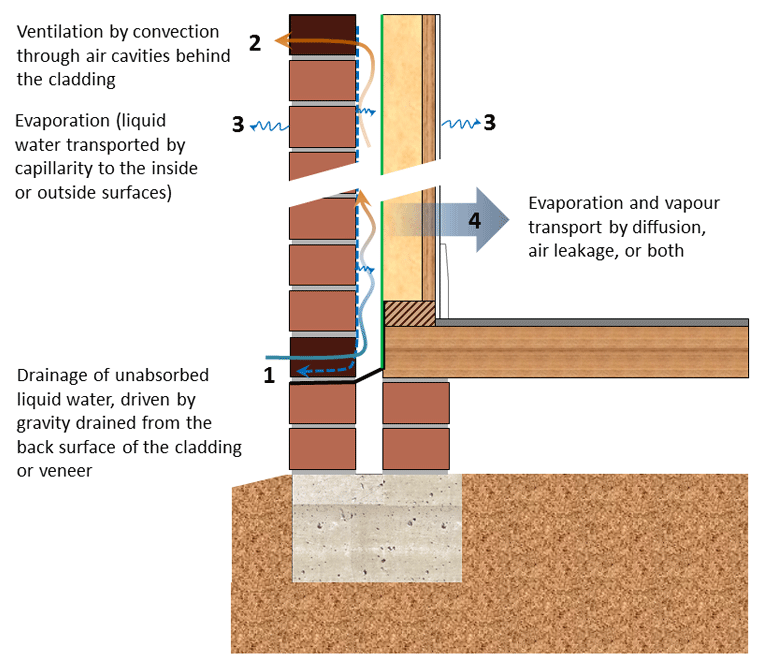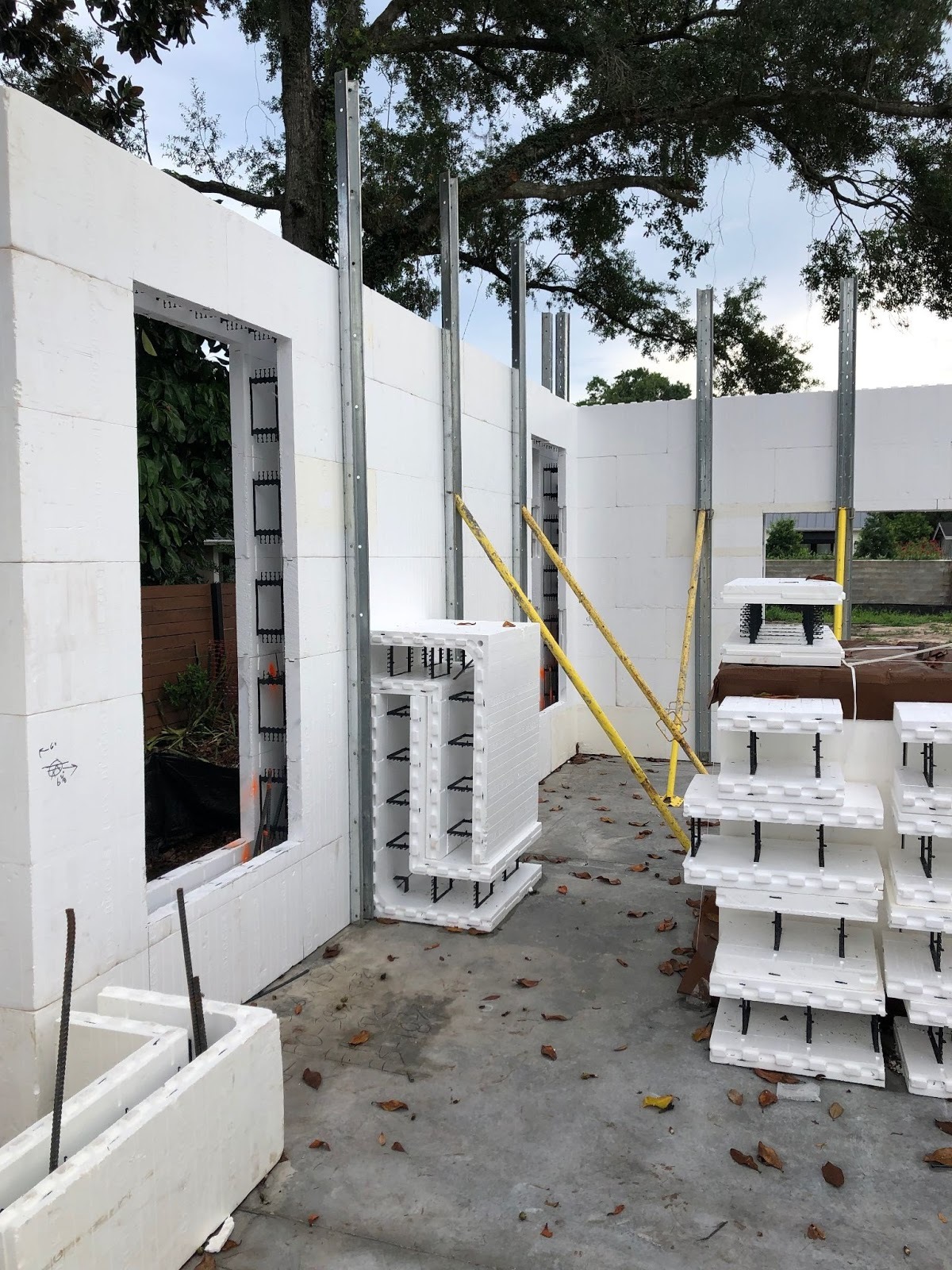Commercial Exterior Wall Thickness
These three different designs offer optimized thermodynamic potential in almost any climate.
Commercial exterior wall thickness. For houses interior walls are usually 45 or 5. A wall thickness to the face of the wallboard is often 375 for relatively low heights like hotel rooms. 1 Form 3 Quotes - Fast Easy Free.
The recommended maximum is 12 inches. Drying and planing reduce the finished size to the current standard of 15 by 35 inches. Standard 2-by-4 studs are 3 12 inches wide and drywall is 12 inch thick so interior walls are usually 4 12 inches thick.
For properties that measure up to 70 feet in height it is recommended that the exterior walls be no thicker than twelve inches. External - 240mm brick venner Internal - 90mm wooden stud wall. Ad Top 10 Local Exterior Wall Contractors.
And exterior walls are about 8 in. The provisions of this section shall apply to the construction of exterior concrete walls for buildings not greater than 60 feet 18 288 mm in plan dimensions floors with clear spans not greater than 32 feet 9754 mm and roofs with clear spans not greater than 40 feet 12 192 mm. Theses wall are 8 block 12 stucco coat 34 furring strips 12 drywall 9 34 Thick.
The wall that provides an efficient level of insulation regardless of external climate exists in three different major wall types. Usually interior walls are anywhere from 4 to 6 inches thick and exterior walls are typically 6 to 8 inches. Some builders use 2x6 exterior walls when the main floor has higher ceilings over 8.
The stud spacing for typical commercial interiors is one of either 12 16 or 24. Exterior wall thickness varies depending on the exterior finish siding and brick facing. We mean within subarctic very cold cold.















